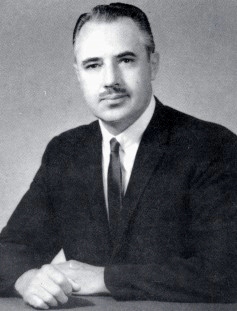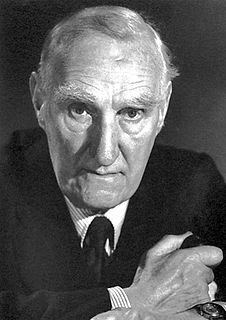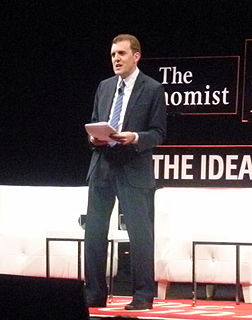A Quote by Jean-Luc Godard
First there was Greek civilization. Then there was the Renaissance. Now we’re entering the Age of the Ass.
Quote Topics
Related Quotes
My point is, as civilization is progressing, Mosaic law came down from the mountain, was handed to civilization, it emerged through the Greek civilization as the Greeks were developing their Age of Reason. And we're talking about the foundation of Western Civilization, and almost concurrently with that, Roman law was emerging as well.
Western Civilization has been in a state of decline since the Edwardian age, say 1910. That was the height of Greco-Roman European civilization. Then there was the First World War. That was the beginning of the end. That civilization has been in a decline ever since. But from the American triumphalist point of view our wonderful electronic revolution is really the forefront of an ongoing wonderful civilization.
It has been the White Race who has been the world builder, the maker of cities and commerce and continents. It is the White Man who is the sole builder of civilizations. It was he who build the Egyptian civilization, the great unsurpassed Roman civilization, the Greek civilization of beauty and culture, and who, after having been dealt a serious blow by a new Semitic religion, wallowed through the Dark Ages, finally extricated himself, and then build the great European civilization.
It's a curious thing, this thing we call civilization...we think it is an affair of epochs, and nations. It's really an affair of individuals. One brother will be civilized and the other a barbarian...All civilization comes through literature now, especially in our country. A Greek got his civilization by talking and looking, and in some measure a Parisian may still do it. But we, who live remote from history and monuments, we must read or we must barbarise.
Western civilization is the most successful civilization the world has ever seen. And some of the reasons for that is it's borrowed from other cultures along the way, back to Mosaic law, the Greek age of reason, Roman law and the Roman order of government, and the Republican form of government, by the way that we're guaranteed in our constitution.
Seldom can two such epoch-making events have occurred in successive years as happened then. In 1453 the Turks stormed Constantinople and finally destroyed the Greek Empire, driving out Greek scholars, who carried the knowledge of Greek language and literature to the western world; and in 1454 the first document known to us appeared from the printing press at Mainz.
Civilization, let me tell you what it is. First the soldier, then the merchant, then the priest, then the lawyer. The merchant hires the soldier and priest to conquer the country for him. First the soldier, he is a murderer; then the priest, he is a liar; then the merchant, he is a thief; and they all bring in the lawyer to make their laws and defend their deeds, and there you have your civilization!
These strengths, and our civilization in general, have reached an apogee with the end of the apocalyptic threats of the Cold War and the end - or at least waning - of less successful, and ultimately less "just," political and economic systems. At the turn of the 21st century we appear to be entering our greatest century, a golden age. The challenge that we face is similar to that of the Classic Maya civilization: we have set in motion a "runaway train" of success.
Had there been no Renaissance and no Italian influence to bring in the stories of other lands English history would, it may be, have become as important to the English imagination as the Greek Myths to the Greek imagination; and many plays by many poets would have woven it into a single story whose contours, vast as those of Greek myth, would have made living men and women seem like swallows building their nests under the architrave of some Temple of the Giants.
Greek customs such as wine drinking were regarded as worthy of imitation by other cultures. So the ships that carried Greek wine were carrying Greek civilization, distributing it around the Mediterranean and beyond, one amphora at a time. Wine displaced beer to become the most civilized and sophisticated of drinks—a status it has maintained ever since, thanks to its association with the intellectual achievements of Ancient Greece.





































